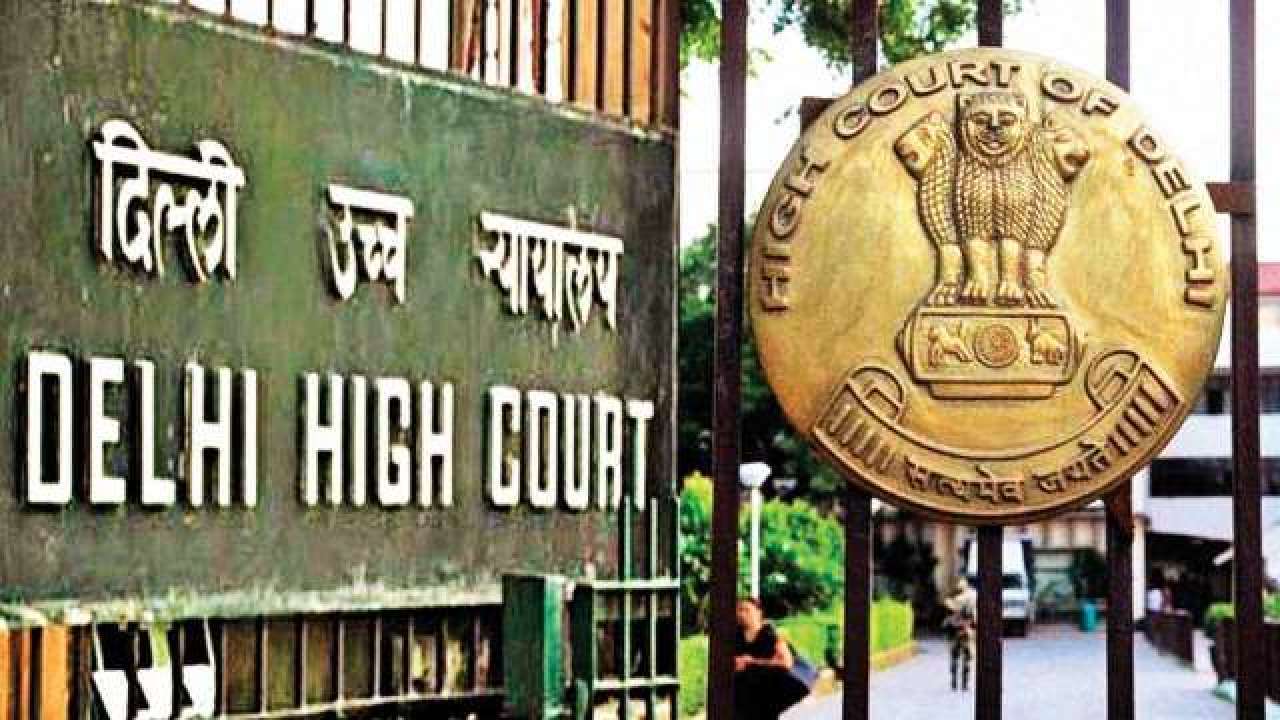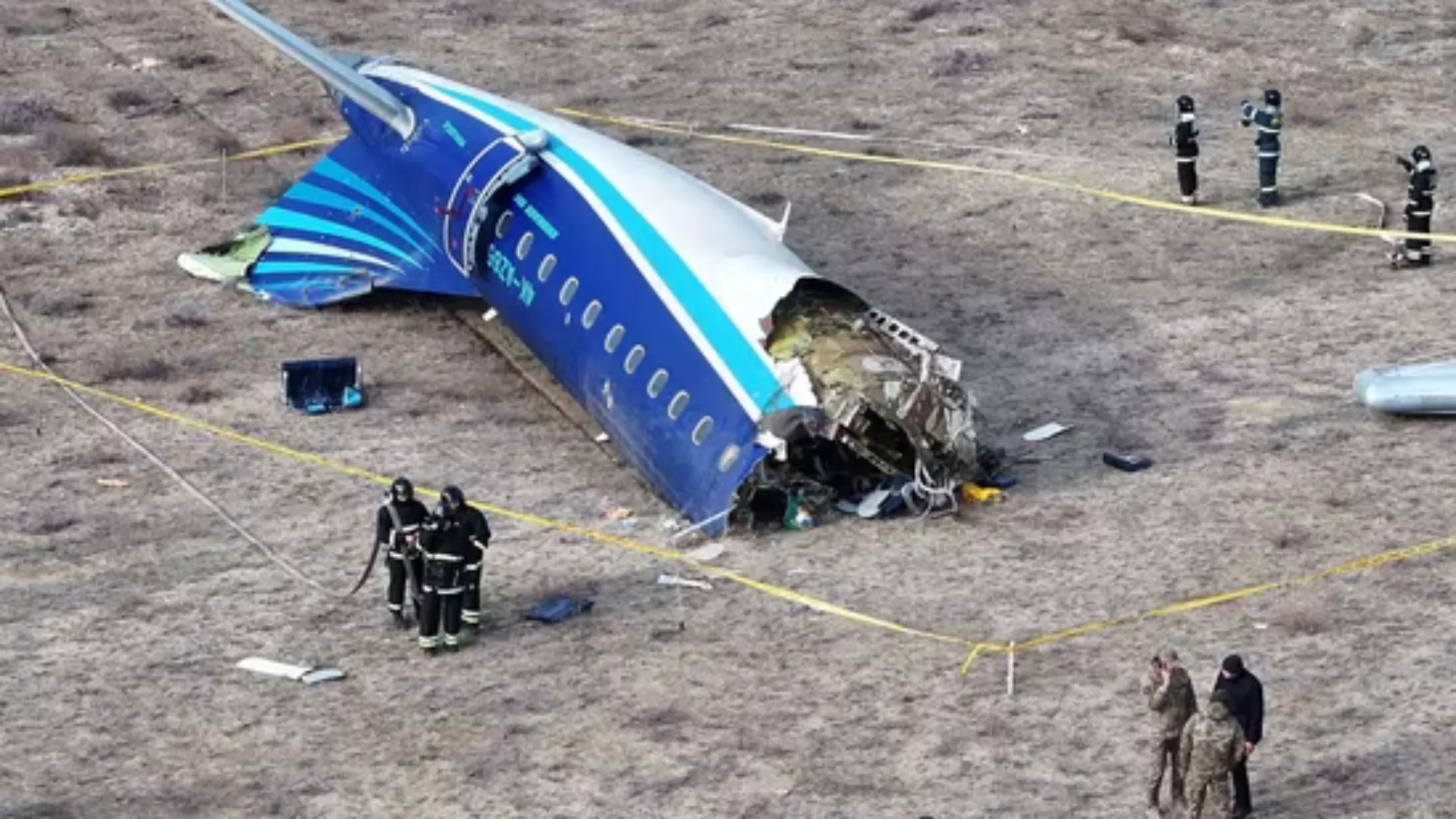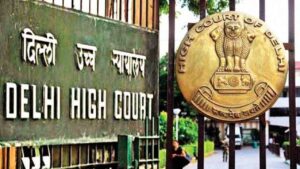The Delhi High Court in the case Allied-Dynamic JV v. Ircon International Ltd observed and has held that an arbitral award cannot be challenged which being on the ground of bias of arbitrator if no challenge to bias was made during the pendency of arbitral proceedings.
The bench headed by Justice Pratibha M. Singh in the case observed and has held that has fully participated in the arbitral proceedings without raising any challenge to the jurisdiction of the tribunal on ground of bias, cannot challenge the award directly under Section 34 of the Arbitration and Conciliation Act.
The court in the case held that in an arbitration that has commenced before the 2015 amendment, such a conduct by a party would constitute a waiver under Section 4 of the Arbitration and Conciliation Act.
Facts of the Case:
The parties entered into an agreement dated December 01, 2010. As per the terms of the agreement, the petitioner was to carry out certain works for the respondent.
The total project work was to be completed within 11 months from October 25, 2011.
There were certain delays in the completion of the project work. Thus, the petitioner raised certain claims against the respondent claiming payment for the extended stay on the site.
The arbitrator was appointed to adjudicate the dispute between the parties.
The arbitrator in the case rejected all the claims of the petitioner on the ground that both the parties were responsible for the delay and that the claims of the petitioner were based on hypothetical calculations.
Further, the petitioner challenged the award under Section 34 of the Arbitration and Conciliation Act.
Grounds of Challenge:
The petitioner challenged the award on the following grounds:
That the arbitrator was an employee of the respondent, and the Award was being rendered in a biased manner.
That the arbitrator did not award any compensation in respect of the delayed handing over of the project sites, though it is being admitted by the respondent that there was a delay.
The delay which is caused by the Respondent was also admitted, and hence the claims, particularly regarding illegal deductions and compensations, should have been allowed.
Analysis by the Court
The court in the case dealt with the objection regarding the bias of the arbitrator. It observed that though the petitioner had issued certain letters regarding the bias of the arbitrator, however, it did not take recourse to any remedy available to it under the law.
The court in the case observed and has held that an arbitral award cannot be challenged on the ground of bias of arbitrator if no challenge to bias was made during the pendency of arbitral proceedings.
Further, the court held that a party that has fully participated in the arbitral proceedings without raising any challenge to the jurisdiction of the tribunal on ground of bias, cannot challenge the award directly as stated under Section 34 of the Arbitration and Conciliation Act.
It has also been held by the said court that in an arbitration that has commenced before the 2015 amendment, such a conduct by a party would constitute a waiver under Section 4 of the Arbitration and Conciliation Act.
The court while considering the facts and circumstances of the case observed and has considered the issue of rejection of claims by the arbitrator. It held that the arbitrator rejected the claims by observing that the delay was attributable to both the parties, ergo, the parties mutually agreed to extend the time period to complete the project work. Thus, the said claims were based on hypothetical calculations and were not based on any evidence at all.
The court held that it cannot re-appreciate the merits of the award within the limited scope of scrutiny available under Section 34 of the Arbitration and Conciliation Act.
Further, the court stated that the award cannot be set aside on mere ground of misappreciation of evidence.
Accordingly, the court rejected the challenge and upheld the award.
The counsel, Advocate Mr. Akash Kakade appeared for the Petitioner.
The counsel, Advocate Ms. Monisha Handa, Advocate Mr. Rajul Shrivastav, Advocate Mr. Anubhav Sharma represented the respondent.








